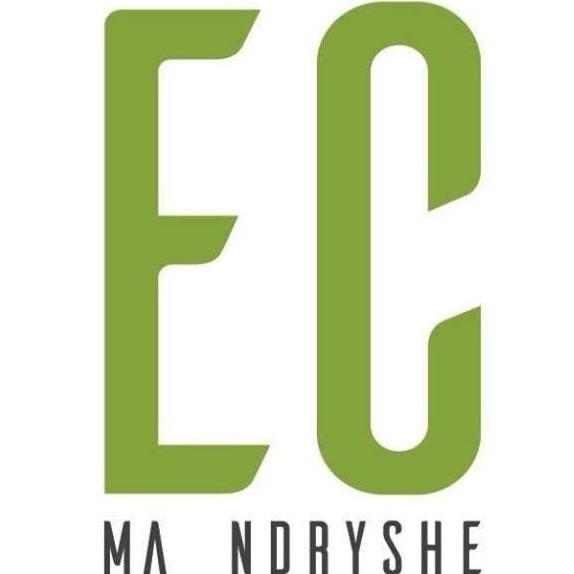The community's right to involvement in the design of public spaces awaits implementation by institutions

Citizens have the right to participate in the planning and design of public spaces in the community where they live, given that they daily have to face the impacts of any development in their neighborhoods or cities. In this direction, they should be involved from the early stages in these processes so that the implemented projects have sustainability, but also promote justice and inclusiveness.
In Western countries, it is widely known and accepted that citizens need more say in the shaping of cities, which is already seen as a basic condition of local democracy. Public participation is related to democracy, where governments and citizens work together for better public policies.
Public participation, as articulated and argued many times in the publications of civil society organizations, is a process during which citizens and community-based organizations are involved in decision-making, in the identification of problems and opportunities for development. It emphasizes how the right to participation is laid out as a fundamental right of citizens in shaping the urban space, placing the citizen at the center, as a user of urban services and as a builder of social life in the city. Even this vision of Lefebvre has been integrated within the global agenda for human rights by UN agencies, in order to stimulate urban policies that promote justice, sustainability and inclusiveness in cities (Purcel, 2002). Moreover, this concept is also articulated in international charters for the city, which today serve as reference points for sustainable urban development.
The institutions of Kosovo in terms of legislation have embraced the practices of democratic countries. But there has been a lack of proper implementation of legal provisions on the ground. In this view, public spaces are no exception, which have often not received the proper attention from the responsible institutions, especially when it comes to the proper involvement of citizens in planning and decision-making for them. In previous UN Habitat publications, it is confirmed that public spaces in Kosovo face challenges, due to: limited consideration for public space in general, inherited spaces that need intervention and readjustment, increased traffic and needs for parking lots, encroachments , lack of public funds, lack of coordination with stakeholders and lack of strategies for their maintenance.
The institutions of Kosovo in terms of legislation have embraced the practices of democratic countries. But there has been a lack of proper implementation of legal provisions on the ground. In this view, public spaces are no exception, which have often not received the proper attention from the responsible institutions, especially when it comes to the proper involvement of citizens in planning and decision-making for them. In previous UN Habitat publications, it is confirmed that public spaces in Kosovo face challenges, due to: limited consideration for public space in general, inherited spaces that need intervention and readjustment, increased traffic and needs for parking lots, encroachments , lack of public funds, lack of coordination with stakeholders and lack of strategies for their maintenance.
The municipalities in Kosovo over the years have shown that in cooperation with international or even local organizations, they can be properly engaged in the planning and design of certain public spaces. Even in 2021, UN-Habitat won the first prize in the innovation category in the 2021 Urban Design Awards, for the project implemented in cooperation with the Block-by-Block Foundation and the Municipality of Prishtina, which focused on the space of the former green market in the ” Kodra e Diellit”
But these good practices are still not being applied as a methodology for the daily work of local institutions. The monitoring of civil society organizations has found that there are still projects that are designed without applying the principles of inclusiveness, while there are no consultations about them from the early stages. This approach must change in order to apply good democratic practices that enable closer and healthier communication between citizens and municipal bodies and vice versa, which steps are not necessarily described or detailed in the legislation. All this must be in operation so that during the planning and implementation of the projects inclusiveness, justice, equality and fruitful social dialogue are guaranteed. It should not be forgotten that the approach to democracy which focuses on citizens requires the involvement of all stakeholders in democratic processes, decision-making and solutions, as this approach gives a sense of commitment, empowerment and responsibility to citizens as well.




